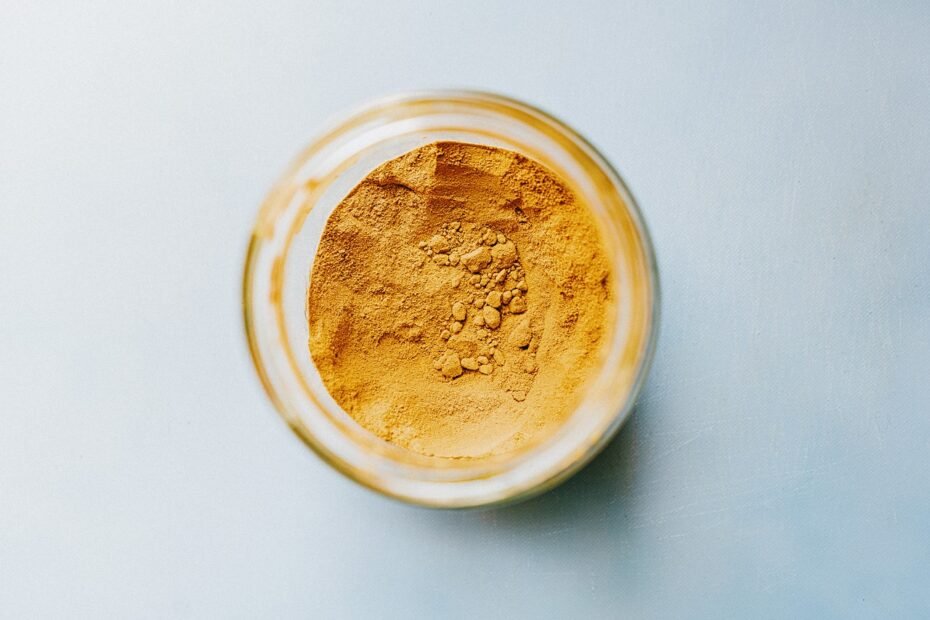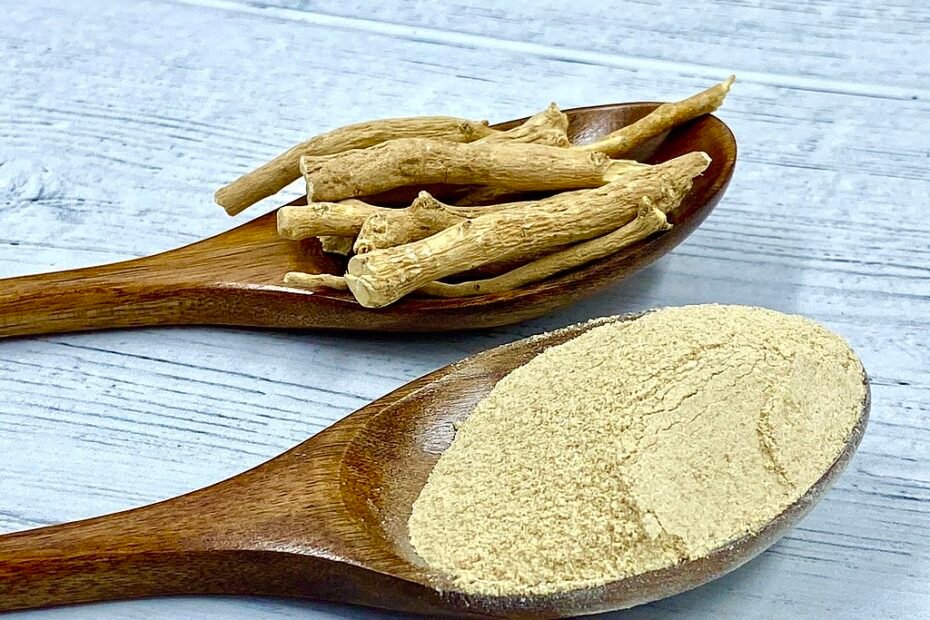Hair loss is a common concern for many people, and finding the right solution can be confusing with the plethora of products available. Among the natural remedies, Black Seed Oil and Fenugreek are often highlighted as powerful solutions. But which one is better? Let’s dive into the unique qualities of each to help you make an informed decision.
Understanding Black Seed Oil
Black Seed Oil, also known as Nigella sativa, has been used for its medicinal properties for thousands of years. Its usage dates back to ancient Egypt, where it was famously found in King Tutankhamun’s tomb.
Components of Black Seed Oil
Black Seed Oil is packed with essential nutrients that contribute to its benefits:
- Thymoquinone: A powerful antioxidant and anti-inflammatory agent.
- Omega fatty acids: Essential for maintaining healthy skin and hair.
- Amino acids: Building blocks of protein, crucial for hair strength.
Benefits for Hair Health
Here are the noteworthy benefits of Black Seed Oil when it comes to hair health:
- Anti-Inflammatory Properties: It is known to soothe the scalp and reduce inflammation, which can hinder hair growth.
- Antioxidant Effects: The antioxidants in Black Seed Oil protect the hair from oxidative stress and environmental damage.
- Moisturizing Abilities: With its rich content of fatty acids, it helps to moisturize and nourish the scalp, which is essential for healthy hair growth.
Exploring Fenugreek
Fenugreek, also known as Trigonella foenum-graecum, is a popular herb in cooking and traditional medicine. The ancient practice of Ayurveda praises Fenugreek for its versatile benefits, particularly in promoting hair health.
Components of Fenugreek
Fenugreek seeds contain several bioactive substances that contribute to its effectiveness:
- Phytoestrogens: Plant-based estrogens that can help balance hormones.
- Proteins and Nicotinic acid: Promote hair growth and rebuild hair follicles.
- Lecithin: A natural emollient that deeply hydrates and conditions the hair.
Benefits for Hair Health
Fenugreek offers the following benefits for hair health:
- Hair Growth Promotion: The proteins and nicotinic acid in Fenugreek nourish the hair roots, promoting thicker hair growth.
- Hormonal Balance: Phytoestrogens help balance hormones, which can be crucial in cases of hair loss related to hormonal imbalances.
- Strength and Shine: Lecithin conditions the hair, making it stronger, shinier, and more manageable.
Black Seed Oil vs. Fenugreek: Comparative Analysis
Now that we understand the individual benefits of Black Seed Oil and Fenugreek, let’s compare their effectiveness for hair loss treatment:
Efficacy in Hair Growth
Both Black Seed Oil and Fenugreek offer components that promote hair growth. While Black Seed Oil leverages its anti-inflammatory and antioxidant properties, Fenugreek uses proteins and nicotinic acid to achieve similar results. If your hair loss is predominantly due to inflammation or oxidative stress, Black Seed Oil might be preferable. On the other hand, if your hair loss is more hormone-related, Fenugreek’s phytoestrogens could make it the better choice.
Scalp Health
Black Seed Oil excels in moisturizing the scalp and reducing inflammation, making it excellent for overall scalp health. Fenugreek also contributes to scalp hydration but adds the benefit of balancing sebum production due to its lecithin content.
Strength and Conditioning
If you’re looking for stronger, shinier hair, Fenugreek might hold an edge due to its conditioning properties. Lecithin in Fenugreek provides a natural coating that strengthens hair and adds shine, whereas Black Seed Oil works more on protecting hair from damage rather than conditioning it directly.
Convenience and Application
Both Black Seed Oil and Fenugreek can be incorporated into hair care routines, typically through massages or as a part of hair masks. Black Seed Oil is straightforward to use as it comes in liquid form. Fenugreek, however, often requires preparation such as soaking seeds or creating pastes, which could add to the time involved in your hair care routine.
Therefore, if time and ease of use are critical factors for you, Black Seed Oil might have an edge due to its simplicity in application.
Conclusion
Both Black Seed Oil and Fenugreek offer unique benefits for hair loss and overall hair health. The choice between the two largely depends on the underlying cause of your hair loss and your personal hair care preferences. Black Seed Oil is excellent for inflammation and overall scalp health, while Fenugreek shines in conditioning and balancing hormones. Consider what your hair needs most, and you might find that even incorporating both into your routine could yield the best results.
Health Disclaimer
This blog post is for informational purposes only and is not a substitute for professional medical advice. Always consult with a healthcare provider for personalized recommendations.







